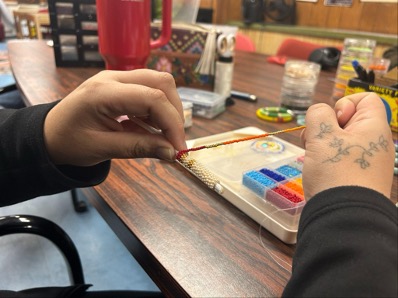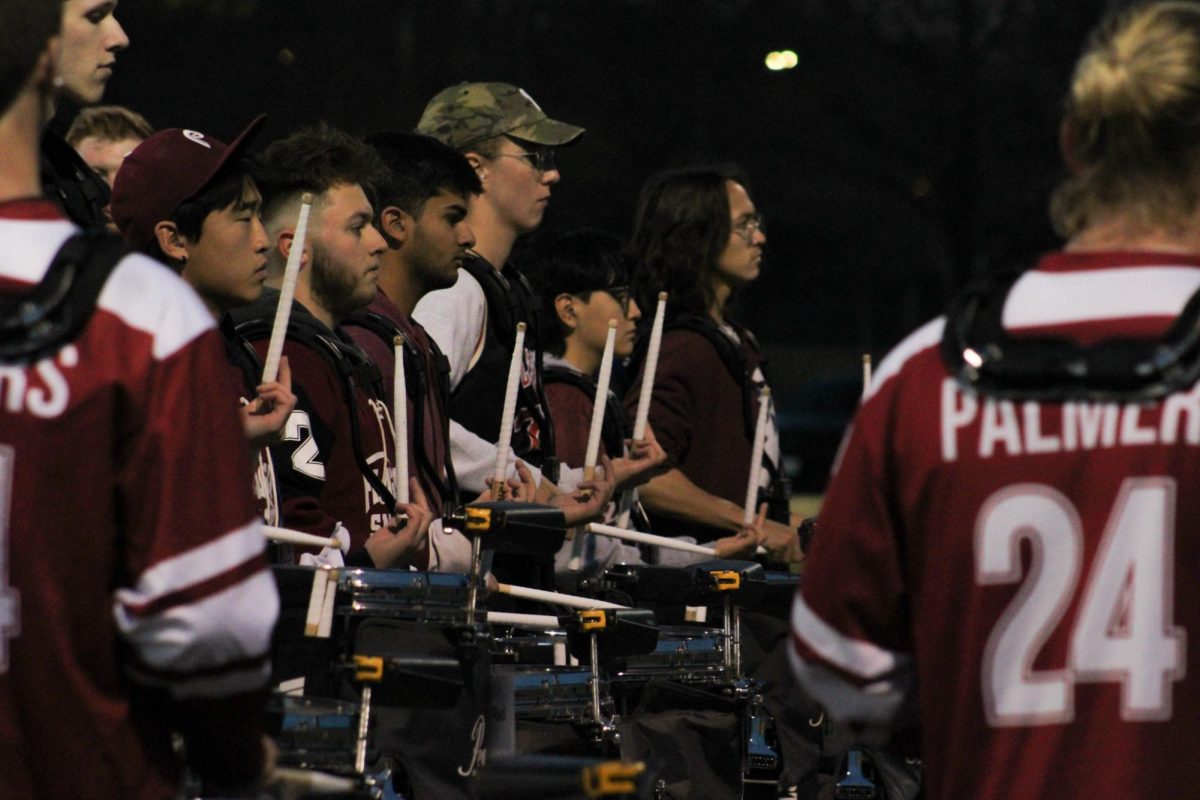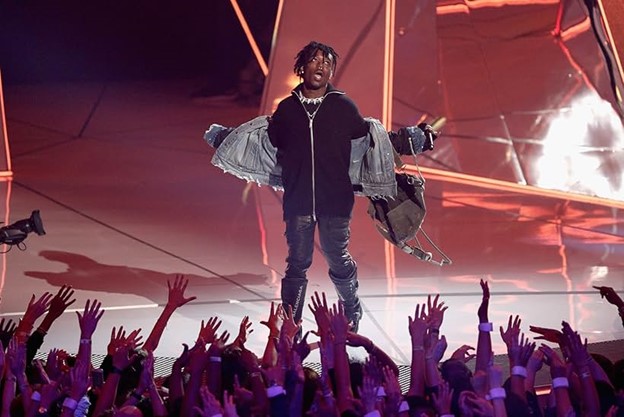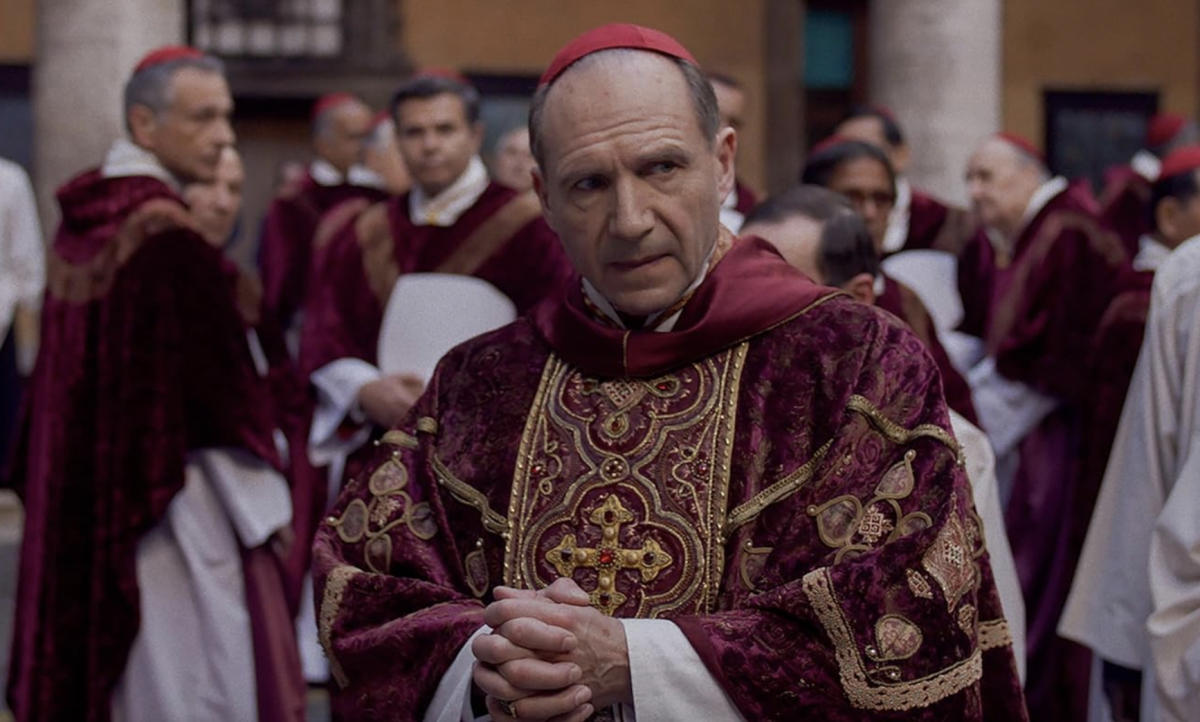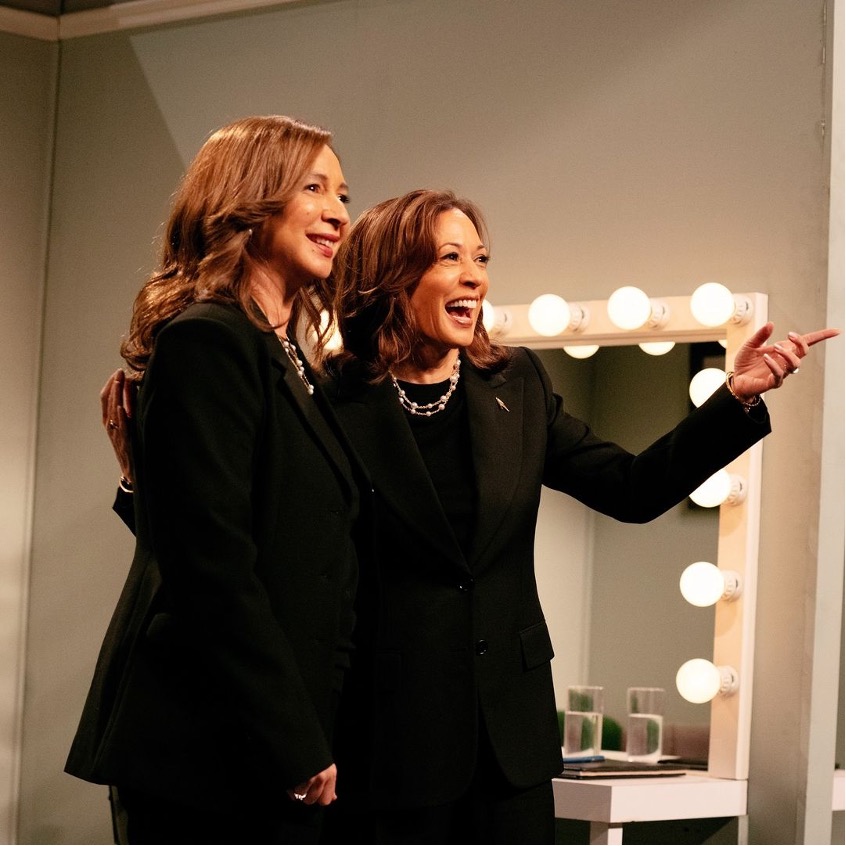
During a painfully long nine-month hiatus, the buzz for “Mad Men’s” sixth and penultimate season had fans going crazy with speculation. Premiering in 2007 and spanning over five critically-acclaimed seasons, the show has become entrenched in contemporary American culture through its meticulously accurate portrayal of the nation’s past.
In its usual quirky fashion, the fifth season of the TV smash hit saw many unconventional behaviors. One chief character wore a fat suit, one slept with a hefty television executive to land an account for the company, while another experimented with LSD.
Cyclically, the season ended with Don Draper (played by Jon Hamm) somewhat happily married, returning to the misty circumstances of the show’s beginning. Taking a seat at the bar and lighting a cigarette, he is approached by a pretty blonde for a lighter, who huskily asks, “my friend down there, she was wondering… are you alone?” The scene then cuts to a brunette standing seductively, and a cliffhanger emerges as Don ambiguously grins before a fade to black. Will Don cheat? Or has new wife Megan truly tamed this smooth-talking beast?
Season 6’s two-hour opener entitled, “The Doorway,” begins with a heart attack. Through the blurred vision of the doorman Jonesy, the continuing motif of mortality is clear from the outset. Suddenly, it’s December 1967. Shifting to warmer pastures, the camera finds Megan and Don relaxing on a Hawaiian beach, with the latter engrossed in “Dante’s Inferno,” begging the question: has Don ascended to Heaven or descended into Hell?
In this episode, death lurks behind every doorway. Mentions of Viet Cong ears strung upon a necklace, the funeral of Roger’s mother, a poster of John F. Kennedy hung vicariously on Peggy’s wall and Don’s allusions to suicide in his ad proposal all create an aura of morbidity. The design shows the footsteps of a man entering the Hawaiian ocean with the title “the Jump off Point,” leaving the viewer to wonder whether Draper is ready to jump ship.
“What did you see when you died?” he asks Jonesy, in his fervent, intoxicated state post-funeral-vomit. “Hot tropical sunshine?”
While Don ponders his demise, silver-haired charmer Roger Sterling (John Slattery) is retained within a Dante-esque purgatory. Unable to feel anything, he relents to his therapist “windows and doors, and bridges and gates, they all close and open the same way,” in a nod to this installment’s title.
Betty also seems lost. Visiting the Village to find her daughter’s runaway friend, Betty (January Jones) enters through the doors of the vagrants of New York City – as contrasting to the lives of the show’s heroes as Betty’s later change of hair color.
The Vietnam War and the Civil Rights Movement provide historical cornerstones in the ever-evolving drama. With new staff, a revamped office, an African American secretary integrating the company, and the emergence of miniskirts, headscarves and tailored colorful outfits on the show’s increasingly empowered women, personal tragedies intermix with higher social conflicts to create an addictive snapshot of the tail end of the 1960s.
Many male characters have returned to the silver screen almost unrecognizable with long, messy hair and shaggy beards. The most significant man introduced in this episode is the “Mad Men” caricature of Christiaan Barnard, who performed the first ever human-to-human heart transplant in 1967. Living the floor below the Drapers, he appeals to Don because he seemingly holds the keys to immortality. After a New Year’s party, Don descends back to his old tricks in the arms of the surgeon’s wife. The inferno of his previous indiscretions engulfs him.
While a strong opening, “The Doorway” is not for the light-hearted. Gone are the saucy trysts of “Mad Men’s” yesteryear as this television series, like Don and Roger, reaches its mid-life crisis. The whole thing feels a little somber. Moreover, the episode could’ve been abridged into a shorter, tighter version of itself losing nothing of its sentiment. Two hours is slightly excessive.
Yet, even though the premiere seemed a little gluttonous at moments, it does delve dramatically into the psyche of the protagonists, paying homage to the show’s focus on character development. In fact, the heroes are so distinct that they have taken on a life of their own, at once mortal and eternal. Even Don, the antihero, is strangely and irrevocably lovable.
After all, love and hate are as separate yet intertwined as life and death. Despite its bleak beginnings, Season 6 looks set to be as suave and seductive as the seasons that preceded it, perhaps with less of the action.
Jenny Rae can be reached at [email protected].


